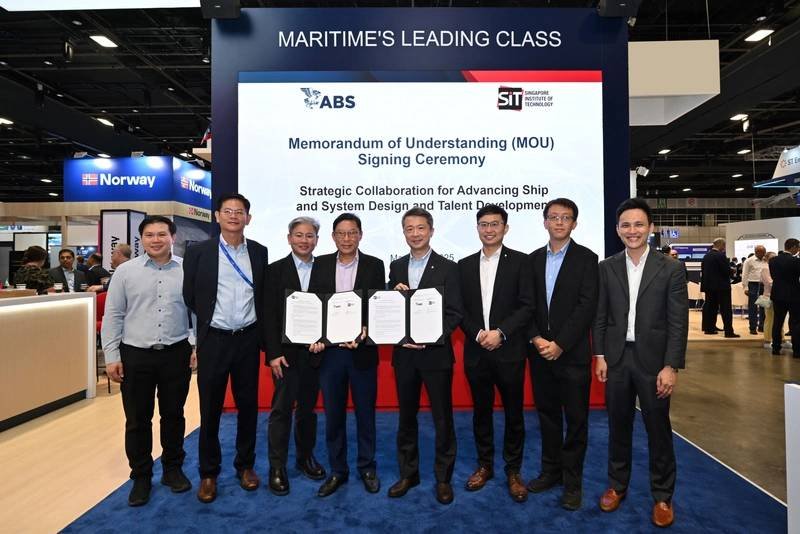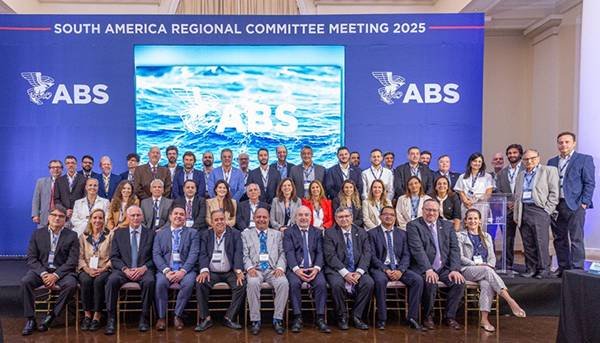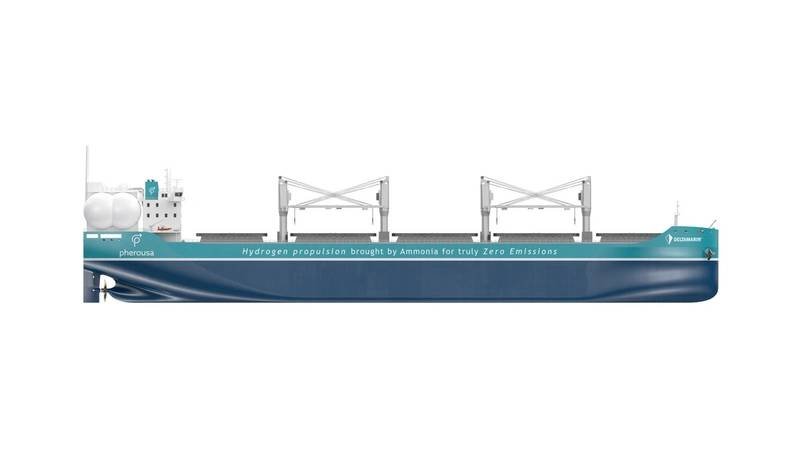ABS has issued guidance on the recent amendments to the International Code for the Safe Carriage of Grain in Bulk, also known as the Grain Code, which will come into effect on January 1, 2026. Originally established in 1991, the Grain Code outlined loading conditions for grain transportation. However, these conditions did not cover all practical loading scenarios, particularly those involving “specially suitable compartments.”
The International Maritime Organization (IMO) has introduced a new loading condition to address compartments that are partially filled in the area of the hatch opening with untrimmed ends. This new condition aims to provide a more precise assessment of ship stability during the transportation of grain. The Grain Code now includes three classifications: filled compartments with trimmed ends, filled compartments with untrimmed ends, and partly filled compartments.
One common loading scenario that was not previously addressed in the Grain Code involves a “specially suitable compartment” being filled to a certain level but not reaching the maximum capacity at the hatch opening, with untrimmed ends outside the hatch coaming. ABS notes that this lack of specific guidance in the Grain Code has led to uncertainty in its application, potentially compromising the safety evaluation of ships under this loading condition.
The IMO Maritime Safety Committee (MSC) adopted resolution MSC.552(108) during its 108th session in May 2024, which includes amendments to the Grain Code. These amendments introduce a new class of loading conditions for special compartments, specifically referring to compartments that are partly filled in the area of the hatch opening with untrimmed ends. This new definition aims to ensure that bulk grain is loaded safely and securely in these compartments, maintaining stability during transport.
Share it now














